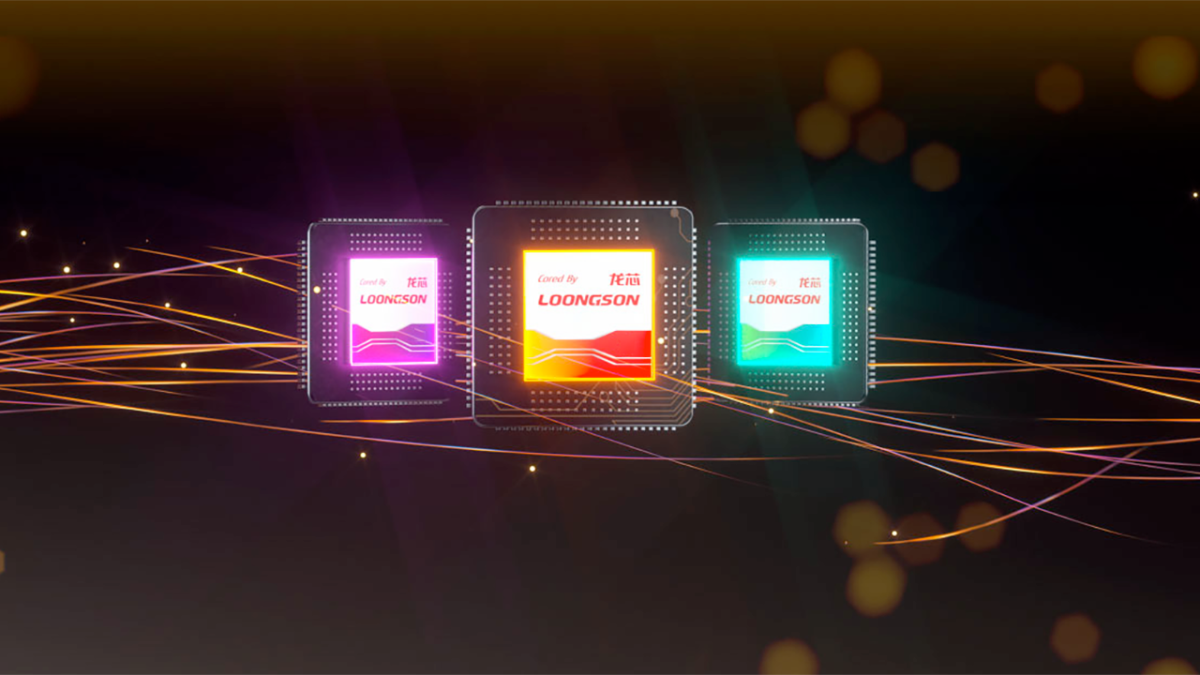China’s domestic chip production is managing impressive feats regardless of U.S. restrictions. CPU developer Loongson announced to shareholders that its upcoming 3C6000/3D6000/3E6000 series of server-grade processors had been successfully sampled and returned and that these first chips are now being tested. Loongson plans to release the 3C6000 line in Q4 2024, exactly matching its roadmap.
Loongson’s new server chip line is unique for its chiplet-based architecture. While the 3C6000 is a 16-core/32-thread processor on its own, the 3D6000 contains two 3C6000 chips connected with Loongson’s “Loongson Coherent Link” technology, creating a 32-core/64-thread processor. The 3E6000 takes this up another notch, connecting four 3C6000 chiplets for a monster 64-core/128-thread beast.
Loongson compares its Coherent Link to the performance of Nvidia’s NVLink, though perhaps a better comparison would be to AMD’s Infinity Fabric, which enables its Zen chiplet-based architectures. The 3C6000 contains 16 LA664 cores with Loongson’s LoongArch microarchitecture. Unfortunately, no information on the speed or performance claims of the 3C6000 has been confirmed, but Loongson claims the LA664 cores offer double the performance of their predecessors inside the last-gen 3C5000, which operated at 2.2 GHz. The 3C6000 family will also support up to four channels of DDR4-3200 memory.
Chiplet architectures have long been considered the future of microprocessors in a post-Moore’s Law world, and nowhere is this more true than in China. As U.S. sanctions restrict Chinese chipmakers from access to advanced chip processes, chiplet architecture is viewed as a way to allow Chinese developers access to more performance in a roundabout way. However, Loongson is relatively unique in its pursuit of cutting-edge chips within China, as many chipmakers have transitioned to investing fully in legacy chip production, a niche China is dominating.
Loongson’s efforts have been impressive despite regulations and Chinese industry trends moving back to legacy production. Thanks to its own in-house MIPS-based LoongArch ISA and the use of domestic Chinese fabs, Loongson can avoid U.S. trade blockades on the greater Chinese chip market. Loongson has been populating China’s schools with high-power domestic chips, and its most recent chip releases meet Intel’s 10th-gen single-core performance.
As China continues to ban non-domestic computers for government use, Loongson will continue to grow its market share. Intel CEO Pat Gelsinger may claim that Chinese chips are ten years behind American chips, but that may not matter for Loongson — and if the 3E6000 manages an impressive showing, it may not even be true.
